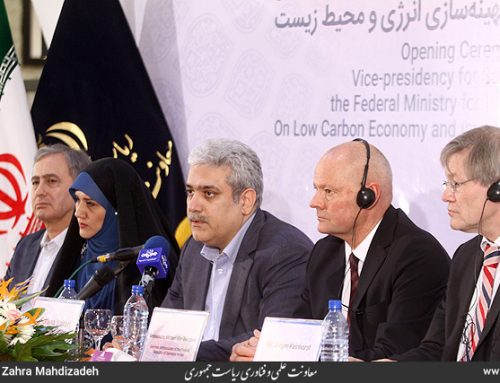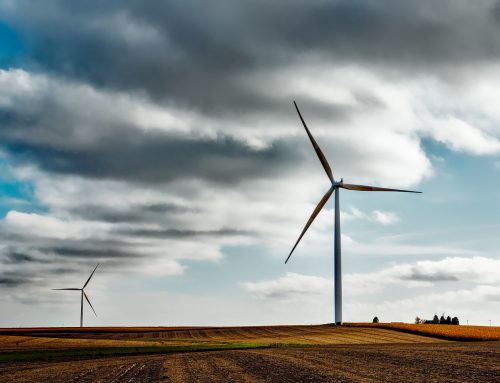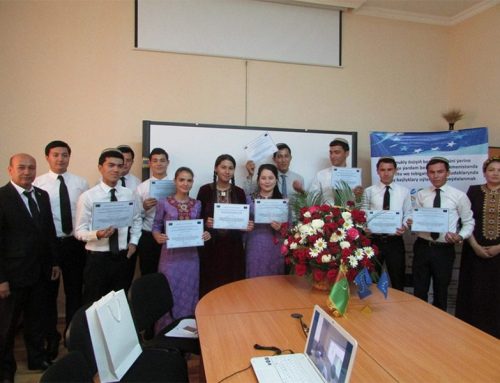Project Description
Meta-analysis of available energy transition scenarios covering the range of strategic options for both Japan and Germany
The study examines the wide range of strategic options for the energy transition as well as the associated strengths and weaknesses of both countries in a transparent way and from different perspectives by conducting a meta-analysis of available energy transition scenarios covering the range of strategic options for both Japan and Germany.
In addition to the contribution to GHG emission reduction and effects on long-term costs of mitigating climate change by technological advances, the energy transition might be associated with a significant number of macroeconomic co-benefits. These include the potential transition of jobs from energy intensive to low-carbon, service oriented jobs, technological innovation and increased competitiveness in related sectors due to first mover effects and improvements of energy security, local air quality, regional income distribution, asset value of buildings, disposable income, and international options for energy provision. We assessed and compared the macroeconomic results of the analysed energy transition scenarios and prepared joint conclusions focussing on policy recommendations and open research questions of key interest for the successful transformation of the energy system for both Japan and Germany.
Commissioned by:
Year:
Publication:
German-Japanese Energy Transition Council (GJETC )
2017






